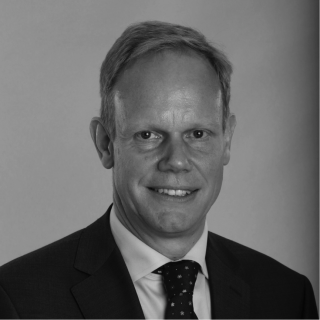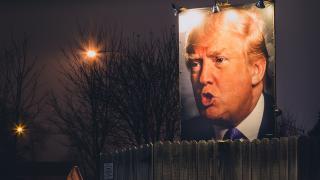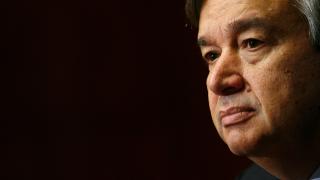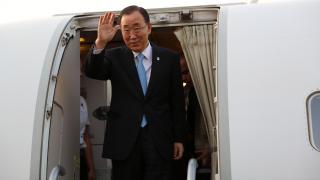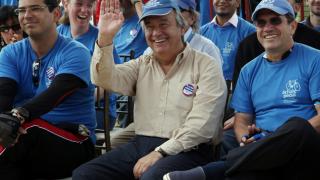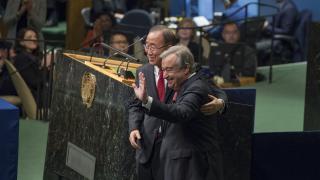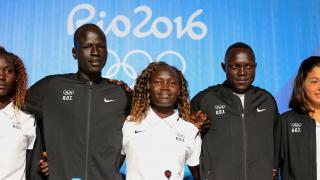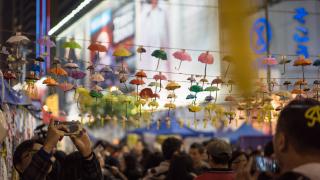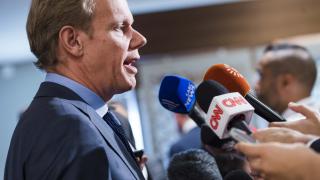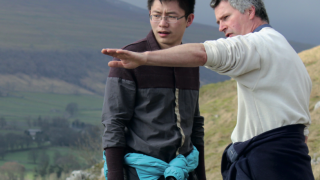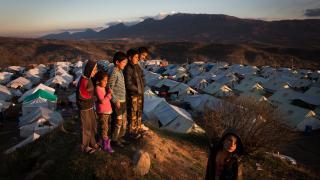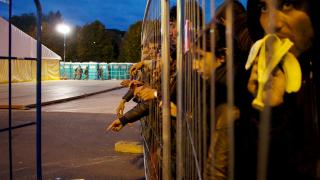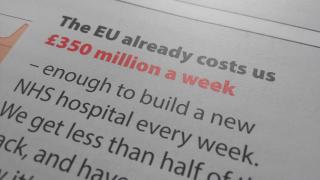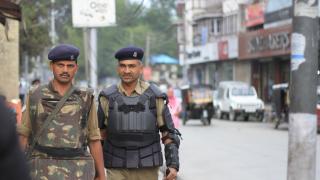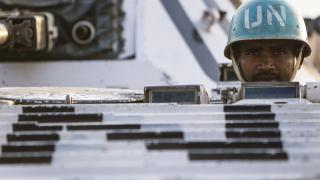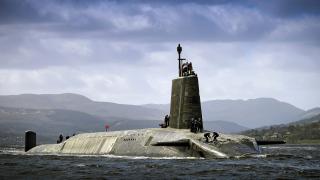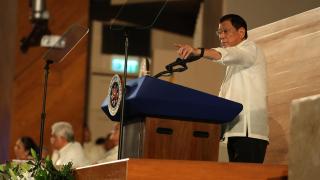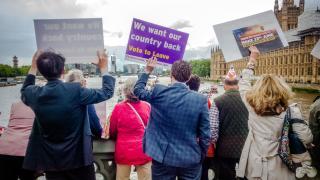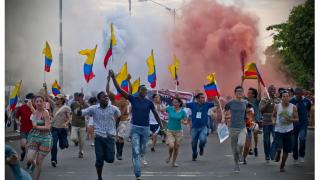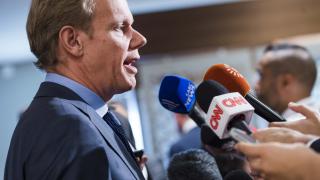
It is now 18 months since I became the British Ambassador and Permanent Representative to the United Nations. It has been an eventful time – conflict with Russia over Syria and Ukraine, ongoing fighting in Yemen and Libya (two of the countries the UK ‘holds the pen on’ in the Security Council), a ceasefire in one of the longest running conflicts in the world (Colombia), and landmark global agreements on the Sustainable Development Goals and climate change.
But amongst all that activity, I have found myself preoccupied by two other events in recent months: first, the UK’s decision in June to leave the European Union, and second, the selection of António Guterres as the new UN Secretary-General.
Both were unique, monumental events. Both evoked strong opinions and intense debate. And while on the surface they had little in common, what they share is an opportunity and a requirement to change British multilateralism.
Let’s start with Brexit.
Even as I watched the referendum results coming in, I knew I would face questions from journalists in the UN the next day. Will the UK remain a permanent member of the Security Council? Will Britain continue to invest in development? Can you still engage in hard-hitting diplomacy? These were all different versions of the same question: what will be the UK’s place in the world?
My answer today remains the same as it was then: at the top table.
If anything, the role the UK plays at the United Nations has gained even greater importance. As the UK does less through the EU, our work with and through the UN will be an even bigger part of the UK’s global outlook.
Some things will not change. Take our contributions to global aid spending. UK aid has always set the standard. We were the first and remain the only G20 nation to reach the global 0.7 per cent target set by the UN. And this commitment is embedded in UK law. It’s not going anywhere.
The same remains for our approach to responding to the world’s greatest humanitarian crises. When there is a need, we step up. And not just in the hot spots that you’ve seen on the news. For example, Britain played a leading role in tackling Ebola, particularly in Sierra Leone. We committed a £427m package of direct support to help contain, control, treat and ultimately defeat that terrible disease. And we would do so again.
And we’ll still be there to help those facing the world’s most devastating conflicts and crises. In response to the horrific situation in Syria and the neighbouring region, the UK has committed more than £2.3bn for the period between 2012 and 2020. That’s our largest-ever humanitarian response and it’s helping the most vulnerable, when they need it most. So far, our funding has translated into: 21 million food rations; clean water to more than two million people; 4.4 million medical consultations; 5.8 million relief packages; and help with sanitation and hygiene for 8.9 million people.
So the United Kingdom will remain a global force for good. This begins with our work at the UN, but the evidence isn’t found in New York. It’s found in Lebanon, where classrooms are filled with refugees learning to read. It’s found in Haiti, where tarpaulins are emblazoned with the UK Aid logo. And it will be seen on the faces of the 1.25 million children that will have their lives saved thanks to immunisations supported by the United Kingdom.
But for us to truly succeed in this effort, we can’t do it alone. All of the statistics above are in some way tied to the UN. Our funding for aid is only as good as the UN agencies on the ground that are helping to deliver it. So we need to be working hard to make sure the United Nations is fit for purpose.
And if you want a strong and effective United Nations, you’ll need a strong and effective Secretary-General.
That’s where António Guterres comes in. In a crowded field, he emerged as the strongest and most capable leader in the race. How do we know this? Simple. For the first time in history, there was an open, transparent recruitment process. There was a clear timeline for the appointment. And crucially, there were interactive hearings and televised debates, open to the whole of the UN, to civil society, and to the watching world.
It’s sad to say, but this really is uncharted territory for the UN. In previous Secretary-General selections, the UN membership – let alone the world at large – didn’t officially know who had applied. And those in the running were nearly always men. This year, over half of the applicants were women.
The 1 for 7 Billion campaign – and UNA-UK – were instrumental in proposing improvements to the process. Among member states in New York, the UK was proud to be prominent in making them happen.
Last year, we helped author the letter that would invite candidates from around the world to apply openly – leading to the first public list of candidates in UN history.
This year, candidates were asked hundreds, if not thousands, of questions from governments and NGOs from around the world. I even put out a call to my Twitter followers encouraging them to tweet me their questions, which I then asked the candidates. In all other years, the Security Council considered candidates in secret.
We certainly didn’t do this alone. The UN Security Council displayed welcome unity, agreeing on Guterres as the recommended candidate. The Presidents of the General Assembly in 2015–16 and 2016–17 worked tirelessly to make sure we had the best process possible.
The measures instituted this year did not happen by accident and we didn’t do them just so we could say the process was “transparent and open”. We fought for them because we had a vested interest in getting this right; in getting a strong Secretary-General to lead a strong United Nations.
The need is clear. There are more refugees on the planet than at any other time since the Second World War. We are seeing the length of conflicts measured in decades, not years. When the Secretary-General takes his seat in his office across the street from where I write this, he will be met with a to-do list that includes ending global poverty, bringing peace to Syria, and promoting human rights.
With so much on the line, the second-best person for the job simply would not suffice. But when António Guterres takes office on 1 January next year, he will not have to face these challenges alone. He can be assured that we, the United Kingdom, will be standing ready to do our part too – just as we always have, and just as we always will.

